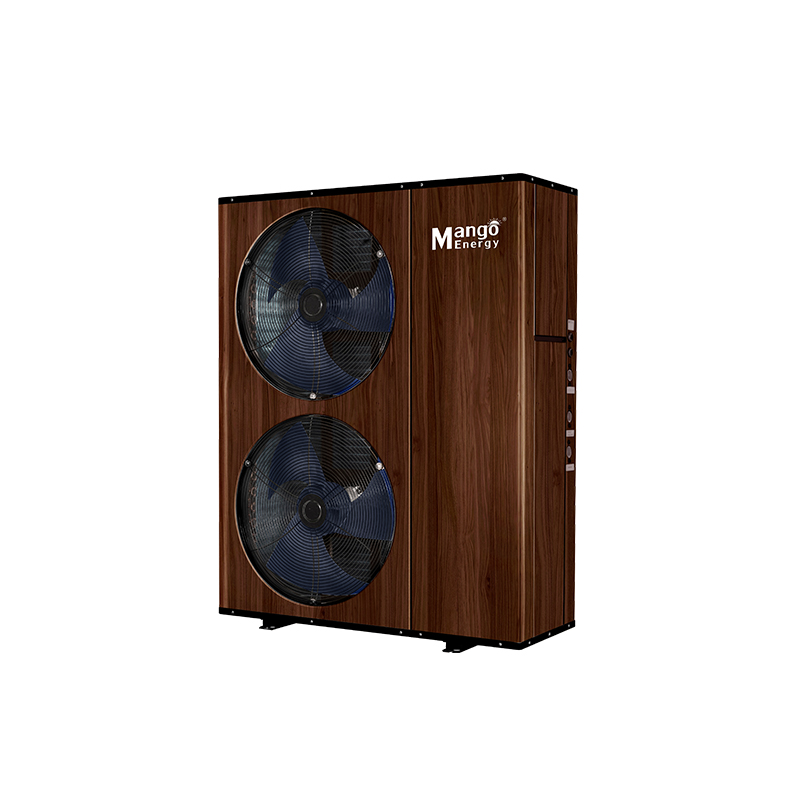Is an Air Source Heat Pump Worth It
Air source heat pump is a new type of energy equipment that uses heat energy in the air for heating and cooling. It can not only provide heating in winter, but also cool in summer, realizing the function of one machine for multiple uses. Air energy technology is becoming more and more advanced, and its product application fields are becoming more and more extensive, covering commercial hot water, heating, cooling, drying, industry and constant temperature greenhouses. Today, Mango Energy editor will take you to learn about air source heat pumps.Therefore, this is the choice air source heat pump The reason, there is no denying its positive impact. http://mangoenergyheatpump.com
1. Residential heating
In order to reduce coal pollution in winter, improve air quality, and ensure residents’ comfortable life in winter; in rural areas or residential areas with high ecological requirements that are not covered by heat and gas pipelines, heat pump heating is promoted.
2. One machine for two purposes, heating and cooling
Many users think that air source heat pumps can only heat, but in fact, it is a one-machine dual-purpose, and both cooling and heating can meet the requirements. The area of the evaporator of the air source heat pump product, the fins of the evaporator, and the heat exchange air volume spacing are all larger than those of the central air conditioner; in summer cooling, the evaporator becomes a condenser, and the condenser plays a heat dissipation role outdoors. Therefore. The performance of the heat energy emitted is better than that of central air conditioning; in simple terms, it can completely replace central air conditioning when cooling, and it also avoids repeated investment in the family, with one machine for two purposes.
3. Domestic hot water
The air source heat pump uses the energy in the air to generate heat energy, providing the whole family with different hot water needs with large water volume, constant temperature and high water pressure 24 hours a day; the power consumption is 1/4 of ordinary electric water heaters, 1/3 of gas water heaters and 1/2 of solar water heaters.